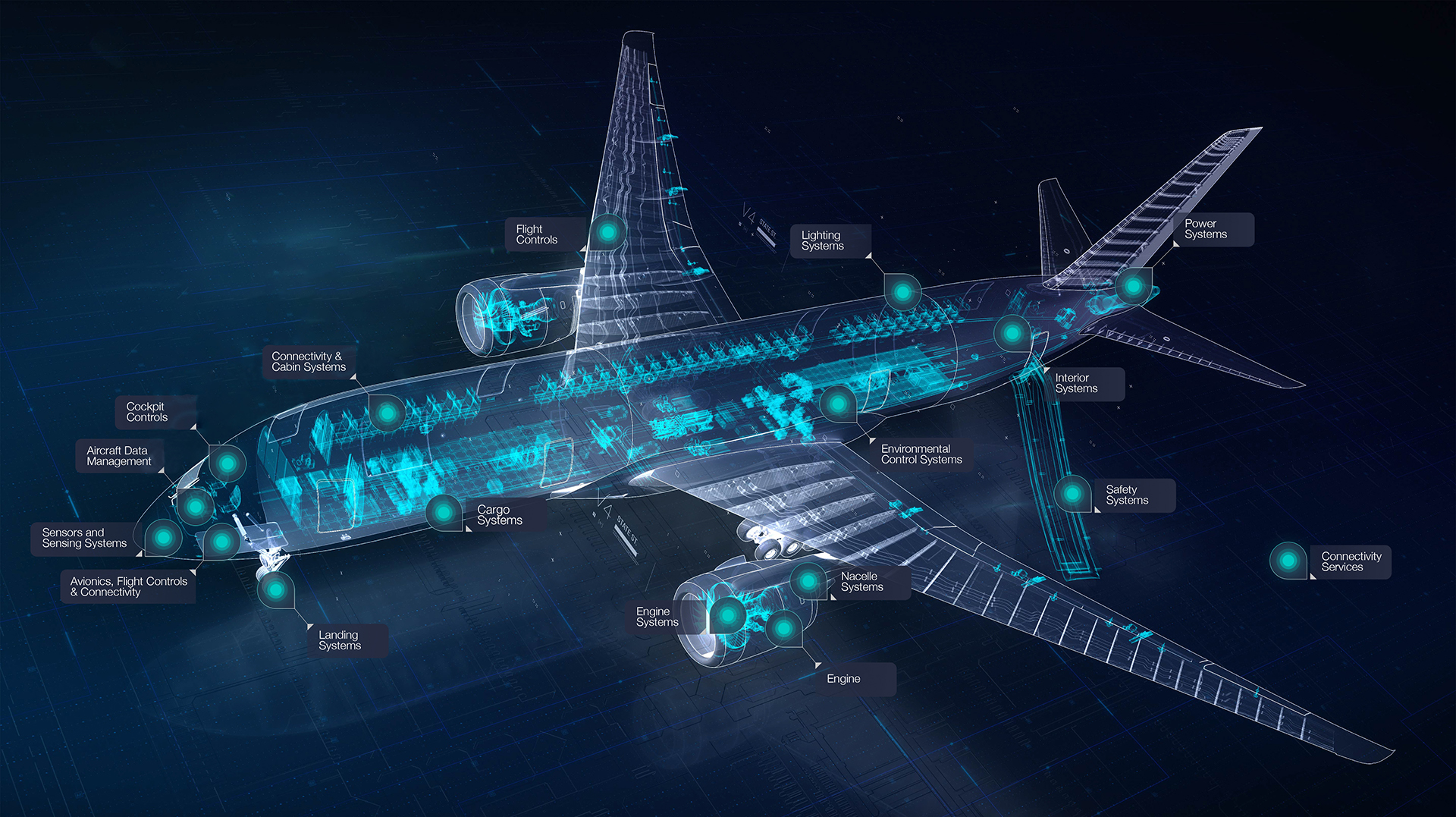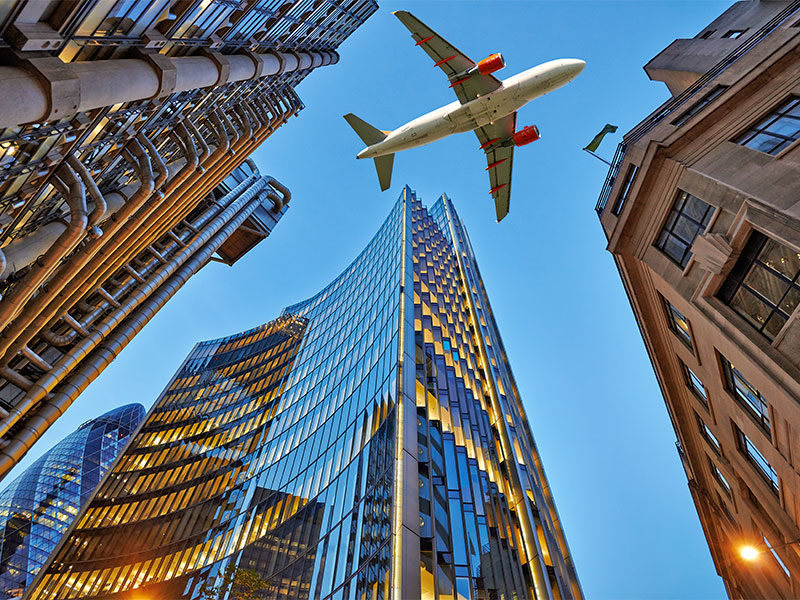Top aviation technology trends that will shape the future of air travel

Soaring into the Future: Top Aviation Technology Trends Shaping the Skies
The world of air travel is on the cusp of a transformative era, fueled by a wave of cutting-edge technologies promising faster, safer, and more sustainable journeys. From revolutionary aircraft designs to AI-powered operations, here are the top aviation technology trends poised to reshape the future of flying:
1. Electric and Hybrid Aircraft: The Rise of Sustainable Flight
The aviation industry is facing mounting pressure to reduce its environmental footprint. Electric and hybrid aircraft are emerging as a beacon of hope, offering cleaner and quieter alternatives to traditional jet engines. Companies like Airbus, Boeing, and startups like Zunum Aero are actively developing these innovative technologies, paving the way for zero-emission air travel in the years to come.
2. Advanced Air Mobility: Redefining Urban Transportation
Forget congested roads and long commutes. Advanced Air Mobility (AAM) technologies, including electric vertical take-off and landing (eVTOL) aircraft, are set to revolutionize urban transportation. These flying taxis promise efficient, on-demand travel, opening up new possibilities for urban planning and reducing traffic congestion. Companies like Joby Aviation, Lilium, and Volocopter are leading the charge in this burgeoning field.
3. Artificial Intelligence: Enhancing Safety and Efficiency
AI is transforming every aspect of aviation, from flight operations to passenger experience. AI-powered systems can analyze vast amounts of data to predict maintenance needs, optimize flight paths, and enhance safety protocols. AI-driven chatbots can provide personalized assistance to passengers, while facial recognition technology can streamline boarding and security processes.
4. Blockchain Technology: Securing and Streamlining Operations
Blockchain technology is poised to revolutionize the way airlines manage data and transactions. Its decentralized and transparent nature can enhance security, streamline operations, and reduce fraud. From managing air cargo and ticketing to tracking baggage and managing loyalty programs, blockchain has the potential to transform the aviation industry’s backend operations.
5. Biometric Authentication: Seamless and Secure Travel
Biometric authentication technologies, like iris scanning and facial recognition, are making air travel more secure and efficient. They eliminate the need for traditional identification documents, speeding up boarding processes and reducing the risk of identity theft. As these technologies become more widespread, they will transform the passenger experience, making it smoother and more secure.
6. Augmented Reality and Virtual Reality: Enhancing the Passenger Experience
AR and VR technologies are creating immersive and interactive experiences for passengers. From virtual tours of destinations to interactive entertainment systems and personalized shopping experiences, AR/VR is transforming the way people experience air travel. This enhanced engagement can improve passenger satisfaction and create a more enjoyable journey.
Looking Ahead:
These transformative technologies are poised to reshape the future of air travel, creating a safer, more sustainable, and more enjoyable experience for passengers. As these trends continue to evolve, we can expect to see a radical shift in the way we fly, with increased efficiency, reduced environmental impact, and enhanced passenger comfort. The future of air travel is truly taking flight.

